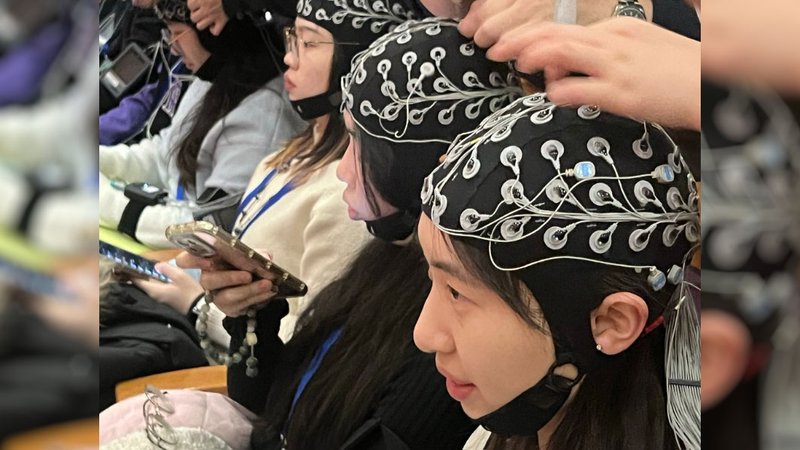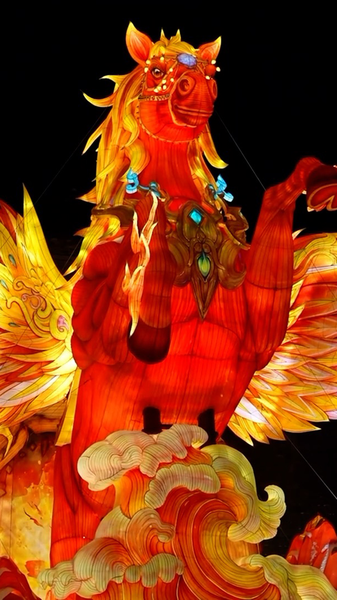Tsinghua University students recently stole the spotlight at a live theatre performance by donning mysterious headgear—dubbed "magic caps"—fitted with silvery electrodes. What initially sparked jokes about a secret high-tech cult soon revealed a groundbreaking story in tech and art! 🤯
The caps are key components of a portable brain-computer interface (BCI) system designed to capture neural activity during live art experiences. Professor Gao Xiaorong of Tsinghua's Neural Engineering Lab confirmed that this marks the Chinese mainland's first application of non-invasive BCI technology in a live performance environment.
Early findings show that live performances trigger stronger brain resonance, especially in regions linked to emotion and sensory processing. As doctoral researcher Li Zexuan explains, live art genuinely moves us, sparking deeper emotional immersion. This marriage of tech and creativity is not only fun but also holds potential for advancing emotional therapies, particularly for those facing anxiety and distress.
Beyond the arts, BCI technology is paving the way in areas like medical diagnostics, safety monitoring, and motor rehabilitation. With lab-grade EEG data now being captured live, the experiment opens new doors for understanding how our brains interact with art and the world around us. Exciting times are ahead as collaborations with universities and arts groups explore how performances might reshape our neural states!
Reference(s):
Brain-computer interface sheds light on how brains respond to live art
cgtn.com




